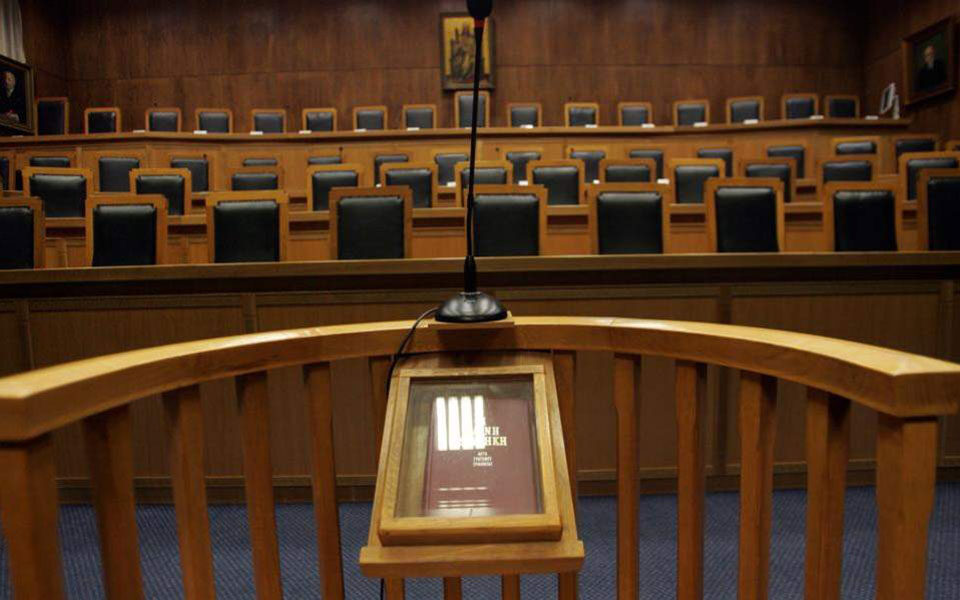Judges also to blame for sluggish system

Trials that drag on for years raise serious questions about the administration of justice in Greece, while the fines imposed by the European Court of Human Rights (ECHR) against our country almost exclusively stem from the glacial pace of the Greek justice system.
A long-standing issue, these delays have only been exacerbated by the pandemic and the accumulation of pending cases, mainly of a criminal nature, resulting from the shutdown of courts for months on end at the peak of the health crisis.
In addition, there is a shortage of infrastructure in many of the country’s court complexes, and particularly in Athens, including an absence of large courtrooms that are suitable for holding major trials with dozens of defendants (such as those for the deadly 2018 wildfire in East Attica and the neo-Nazi Golden Dawn party), which means that the length of important trials can stretch into years. The trial for Golden Dawn lasted five and a half years, an embarrassing delay for a country that claims to respect the rule of law.
The justice system’s operational problems are known to everyone – it is no coincidence that our judicial system is regarded as one of if not the biggest problem in the function of the state. However, in addition to the problems for which every government is responsible, judges – who have an institutional obligation and bear the constitutional burden of administering justice – also share responsibility for the current situation. For example, the trial of a single defendant, actor Petros Filippidis, who is facing rape charges, has already dragged on for 10 months.
Problems with the availability of courtrooms in other trials, such as that of the stage director Dimitris Lignadis, convicted of two counts of rape by a lower court, or of acid attack perpetrator Ioanna Paliospyrou, are not enough to justify a 10-month-delay in a trial with one defendant and three alleged victims.
The fault of the presiding judge in this case, who has the responsibility of directing the trial, is obvious, but unfortunately it is by no means an exception. There are other cases where judges prolong a trial for months, when they could have wrapped it up much sooner, either because they lack the ability or, for example, because they want to avoid being transferred.
The need to dispense justice in a timely manner is not theoretical. It is an essential element in the administration of justice for both the accused and the victims. There’s a good reason why the ECHR fines countries that violate this basic principle of the rule of law.





